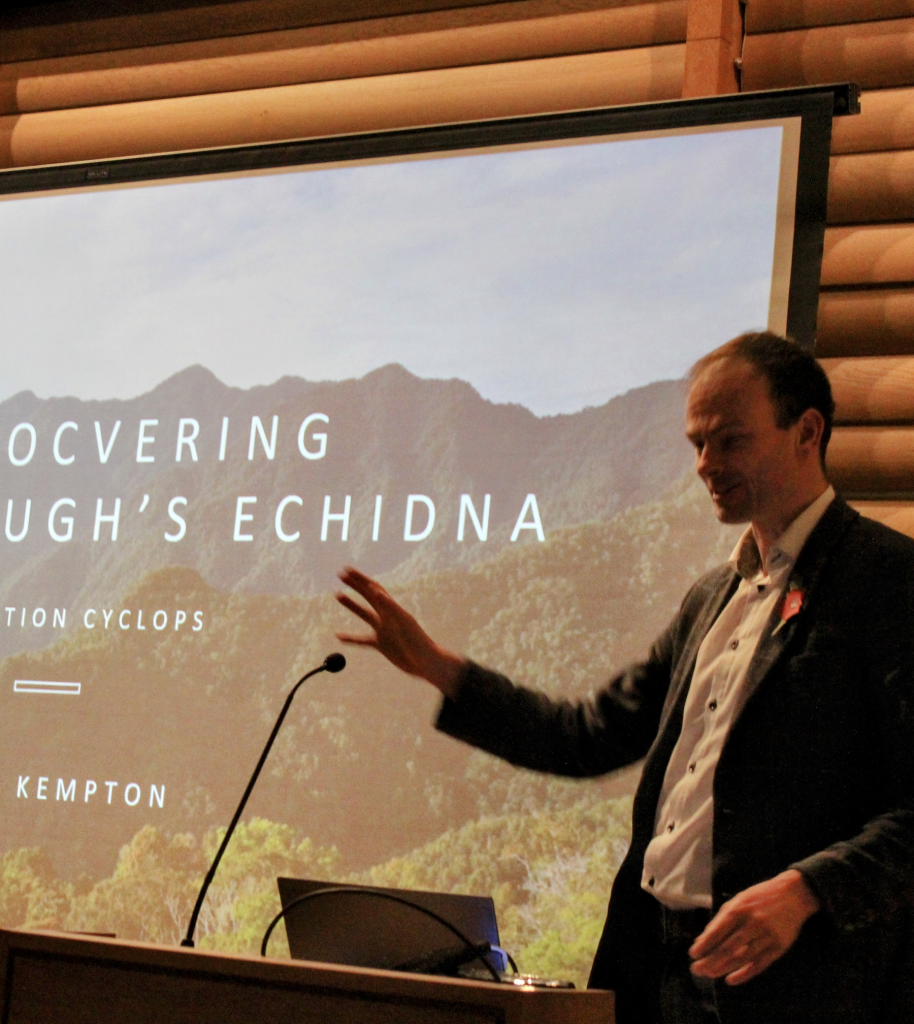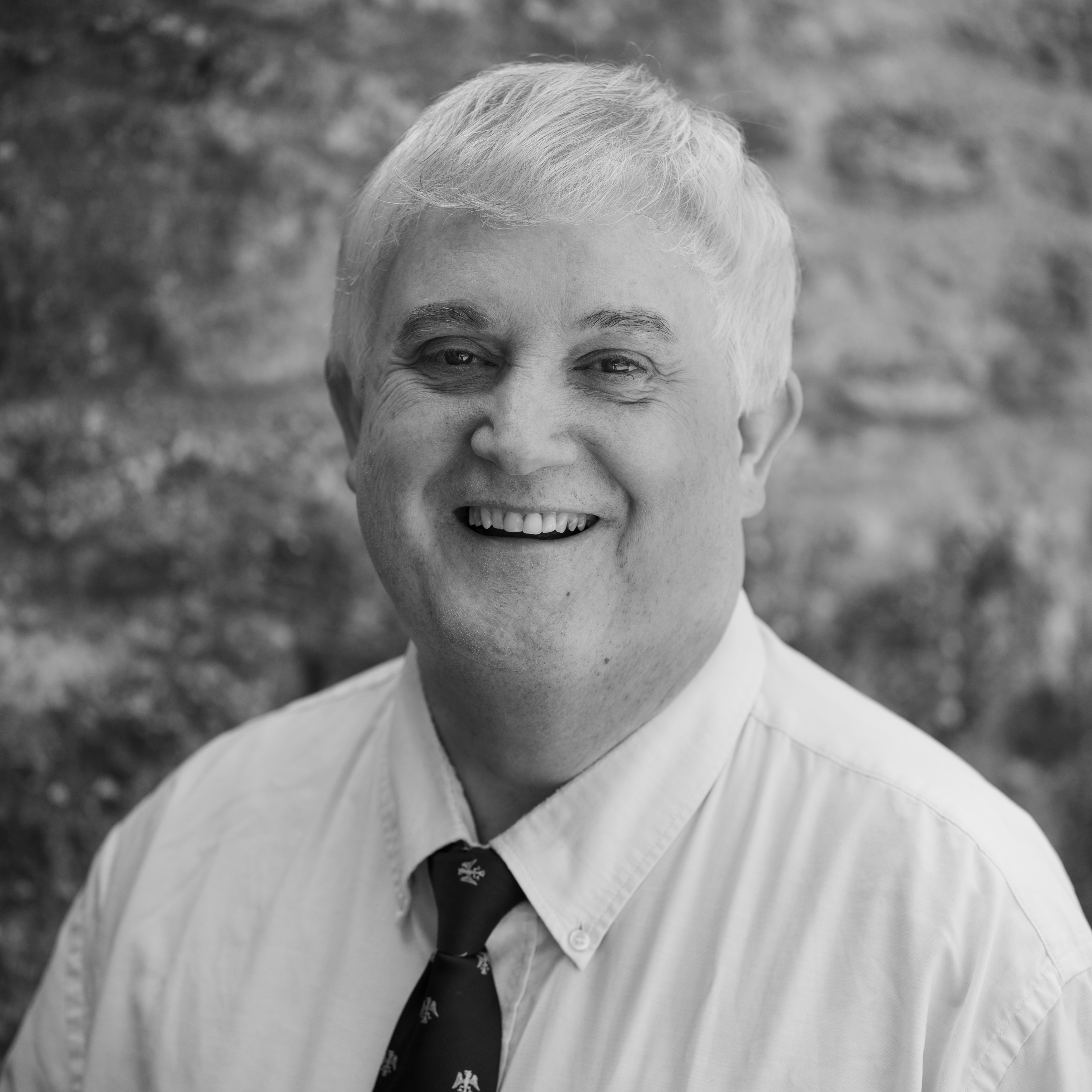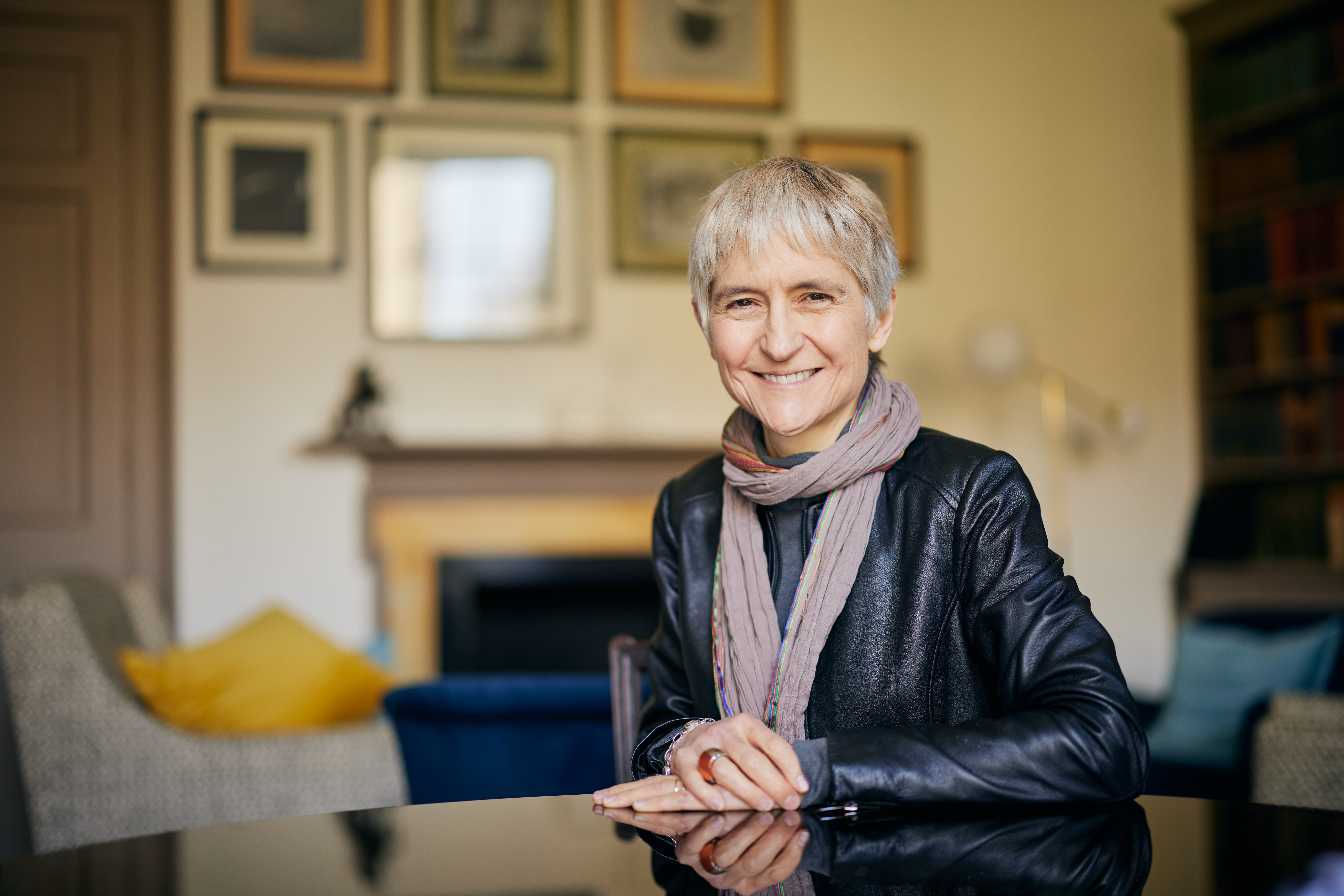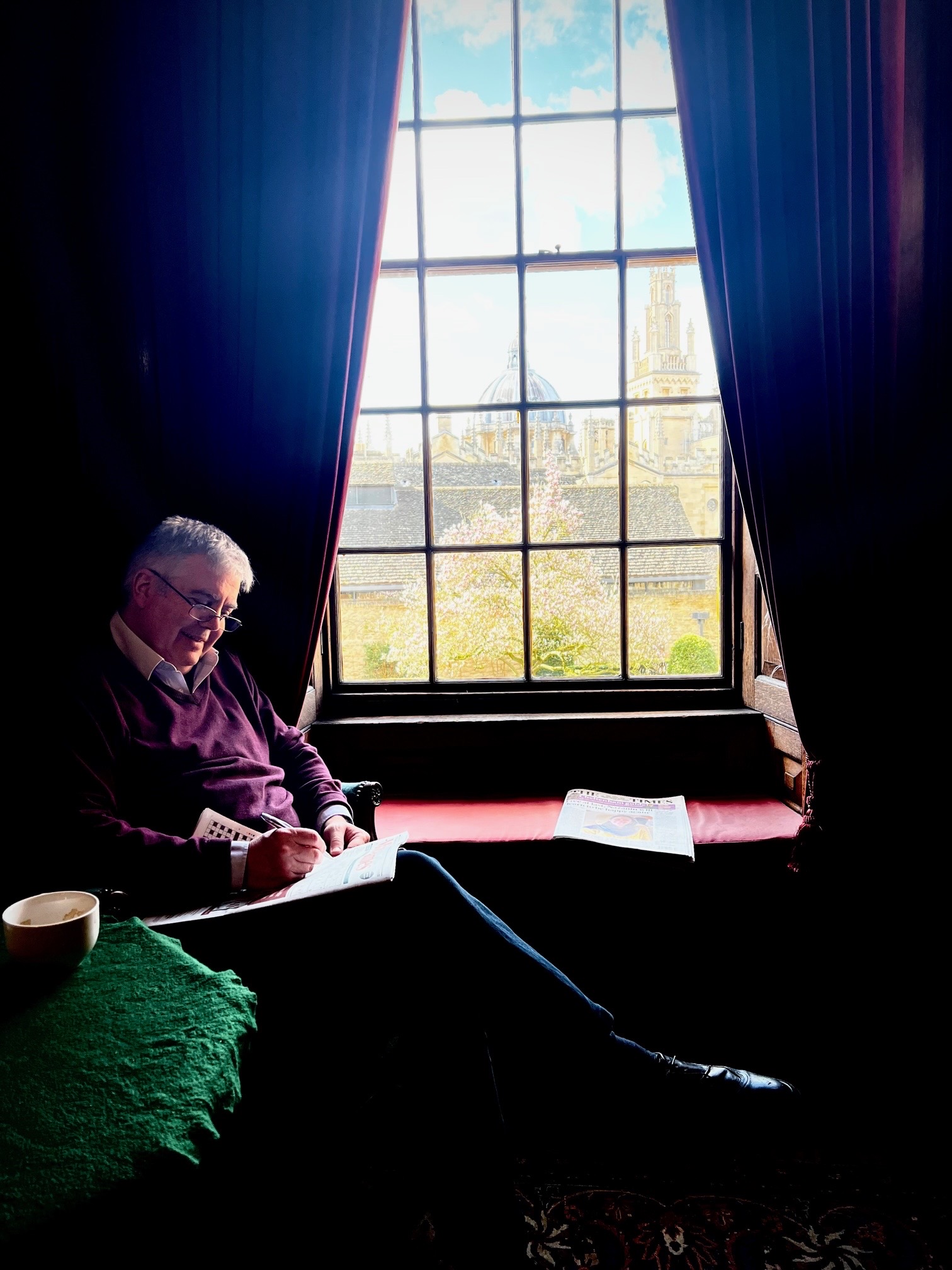Founded in 1927, the Oxford Exploration Club (OUEC) exists to improve knowledge of the world by inspiring and supporting exploration by Oxford students. Through weekly speaker events, planning evenings, and workshops, the Club bridges the gap between academic degrees and expeditions. In the Club’s history, members have departed on over 450 expeditions: recent ones include Expedition Cyclops and Príncipe Past and Present.
In August 2023, an Oxford-led expedition to Indonesia rediscovered a lost species of Echidna. On 14 November 2023, only days after the global press release, OUEC welcomed Expedition Cyclops leader James Kempton to speak at Queen’s. We asked the President of the OU Exploration Club, Queen’s student Matthew Buckley, to tell us more.

How did you come to be President of the OU Exploration Club?
My journey with OUEC began at Freshers’ Fair in my first year – I recall that the stall holder was engaged in discussion with a kayaker about an idea to paddle from Russia to Alaska, across the Bering Straight. Subsequently the club’s events on Tuesday evenings became a part of my schedule, giving a great contrast to my studies. At the OUEC Annual dinner in June 2022, I met members from the past 50 years who returned; I knew then that I had found a lifelong community. I was the Club Treasurer the following year and was elected as Chairman this year. My role is to run the Club and sit on the Oxford University Expeditions Council, which approves official Oxford student expeditions for fieldwork and research.
What are your main goals in this role?
My main aim is to inspire and support Oxford students in developing meaningful projects around the world. During my tenure, I hope to introduce more hands-on workshops to help all students learn how to plan and execute their own expeditions. Themes might include filmmaking, sampling techniques, or other ‘fieldwork essentials’. We have introduced a welfare workshop for Hilary Term, as well as more discussions on ethical fieldwork – we think these are areas which deserve more attention than ever.
What is it about exploration that most fascinates you?
Like many people, my interest in exploration stems from a natural curiosity and desire to understand the world. I spent a large part of my childhood in the outdoors, developing a love for camping, hiking, and exploring new places. I draw a lot of inspiration from many of the great explorers from history, some of whom were associated with OUEC or Oxford’s Mountaineering Club. I believe that many of the world’s problems can be addressed through shared knowledge and cross-border collaboration. Expeditions can create lasting partnerships and enable students to apply their unique skills to make a positive difference.
Can you tell us about your speaker event with James Kempton, whose expedition to the Cyclops Mountains led to the discovery of a lost species?
We were extremely fortunate to host James Kempton, the leader of Expedition Cyclops and former Chairman of OUEC, to speak at Queen’s about his expedition. The team rediscovered Attenborough’s long-beaked echidna in Indonesia – last seen in 1961 and thought to be extinct – as well as finding many other new species (including a terrestrial shrimp which lives in trees!). He treated the audience to exclusive footage from camera traps and spoke about the unseen challenges of the expedition. James is an exceptional biologist and a great friend; his story exemplifies the impact we can have by applying our studies. I encourage everyone to read about the expedition and the ongoing efforts to conserve biodiversity in the Cyclops Mountains.
What plans, if any, do you have for an expedition of your own and is it related to your studies or very much a separate hobby?
I am always thinking of ideas for expeditions – perhaps even while working on problem sheets! I hope to lead an expedition before leaving Oxford, though I do not know yet what this will be. As a maths student, an expedition might not be directly related to my degree, however I hope to apply my problem-solving skills more generally to the logistics and research aspects.
What do you enjoy most about being at Queen’s?
My favourite thing about Queen’s is the diverse set of interests that everyone has in College. You never know what you will be discussing at lunchtime! We have it all – a renowned choir and music scene, loads of sports teams, events with experts on AI and entrepreneurship, and a full calendar of social events. It is also a great college for studying maths, as we have outstanding tutors who are engaged in many different areas of research.
Can you recommend a book for avid explorers?
I recommend The Ship Beneath the Ice by Mensun Bound. In 2022, Mensun was the Director of Exploration on the archaeological team which found Shackleton’s Endurance, the famed ship that sank near Antarctica in 1915. It is a wonderfully written account of a discovery which many had dismissed as impossible. Mensun joined OUEC in the 1970s while studying at Oxford; he gave a brilliant talk to our members in February this year about his work.
I would also say that the original expedition reports from the last 97 years in the OUEC archives make excellent reading! OUEC members explore these during our archive sessions a couple of times a year.



